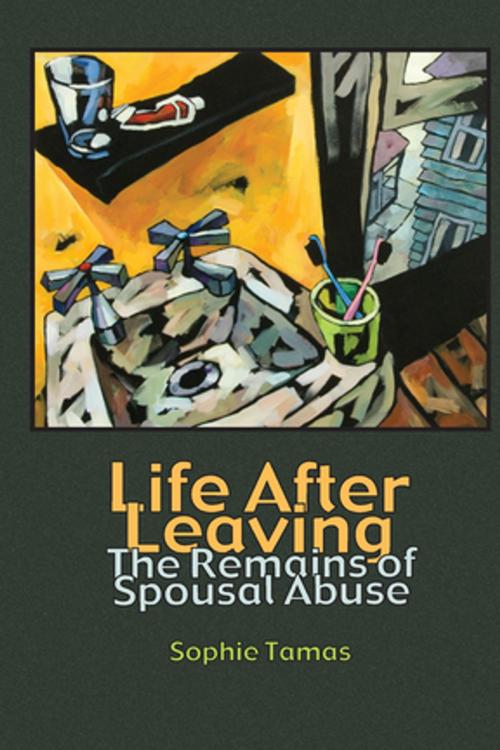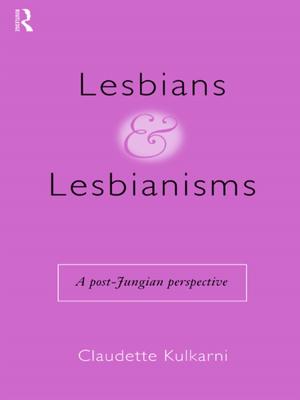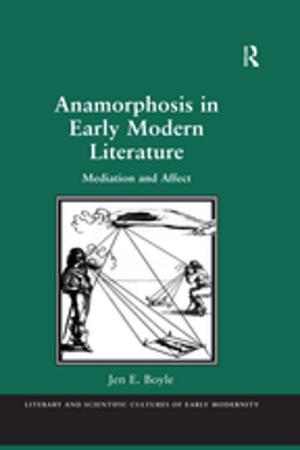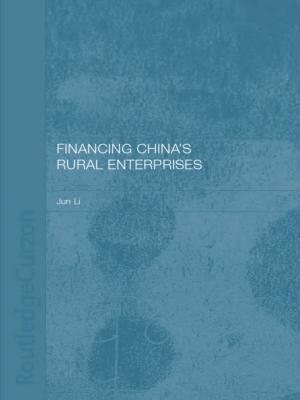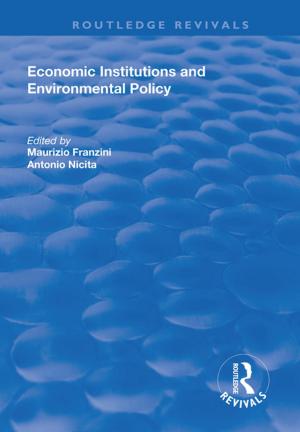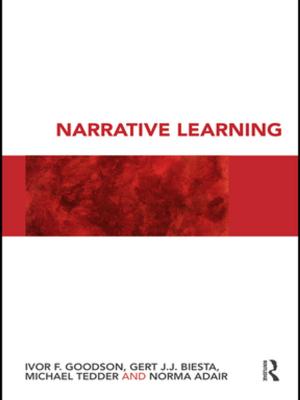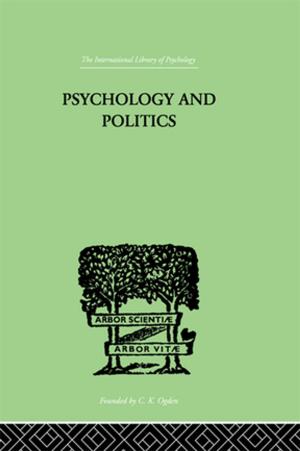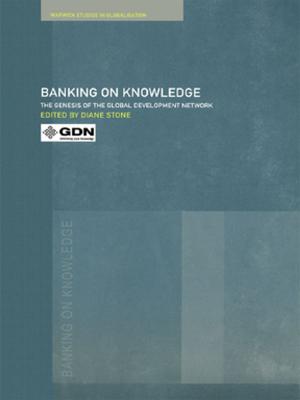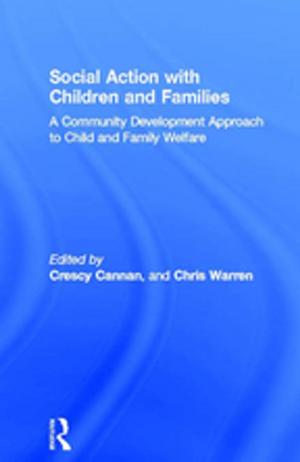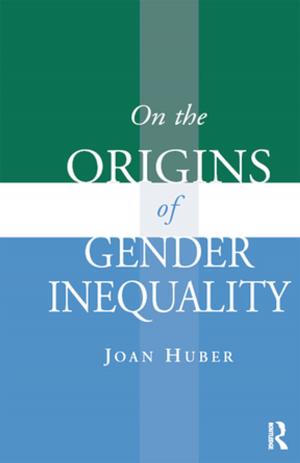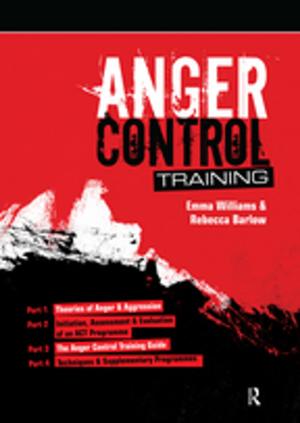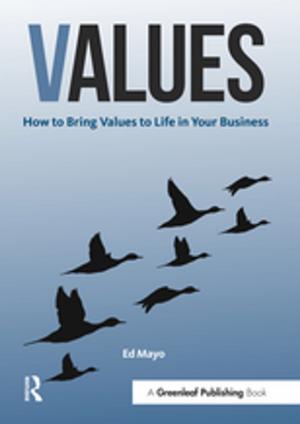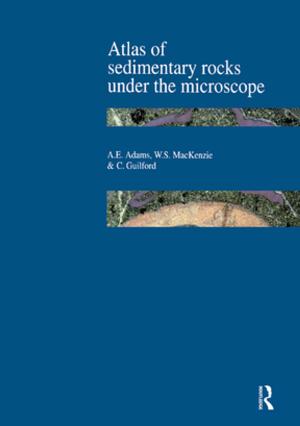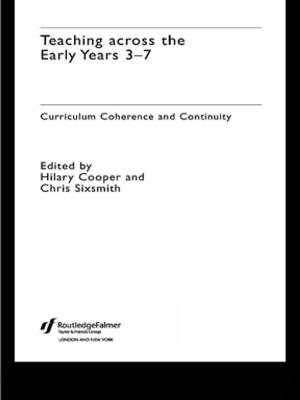Life After Leaving
The Remains of Spousal Abuse
Nonfiction, Social & Cultural Studies, Social Science, Anthropology| Author: | Sophie Tamas | ISBN: | 9781315425399 |
| Publisher: | Taylor and Francis | Publication: | June 16, 2016 |
| Imprint: | Routledge | Language: | English |
| Author: | Sophie Tamas |
| ISBN: | 9781315425399 |
| Publisher: | Taylor and Francis |
| Publication: | June 16, 2016 |
| Imprint: | Routledge |
| Language: | English |
After leaving her twelve-year marriage, Sophie Tamas went to the local women's shelter to ask if she had been abused. The result is Life after Leaving, a performative, arts-based journey into the aftermath of spousal abuse and the endless struggle to make sense of loss. We see Sophie's world—the academic lectures, the therapy sessions, the childrearing, the dealings with an ex-spouse, the house reconstruction—as she looks for answers in the literature and in the lives of other women. Both lyrical and theoretical, autoethnographic and analytical, her captivating story builds to a chorus of voices, as her study participants express the loving, longing, pain, hope, and frustration of their experiences after leaving abusive relationships. The text closes with insightful and surprising suggestions for reframing "recovery". An earlier version of this manuscript was short-listed for the AERA Arts-Based Dissertation Award and won the 2011 Outstanding Dissertation Award from the International Institute for Qualitative Methodology. Sponsored by the International Institute for Qualitative Methodology, University of Alberta.
After leaving her twelve-year marriage, Sophie Tamas went to the local women's shelter to ask if she had been abused. The result is Life after Leaving, a performative, arts-based journey into the aftermath of spousal abuse and the endless struggle to make sense of loss. We see Sophie's world—the academic lectures, the therapy sessions, the childrearing, the dealings with an ex-spouse, the house reconstruction—as she looks for answers in the literature and in the lives of other women. Both lyrical and theoretical, autoethnographic and analytical, her captivating story builds to a chorus of voices, as her study participants express the loving, longing, pain, hope, and frustration of their experiences after leaving abusive relationships. The text closes with insightful and surprising suggestions for reframing "recovery". An earlier version of this manuscript was short-listed for the AERA Arts-Based Dissertation Award and won the 2011 Outstanding Dissertation Award from the International Institute for Qualitative Methodology. Sponsored by the International Institute for Qualitative Methodology, University of Alberta.
